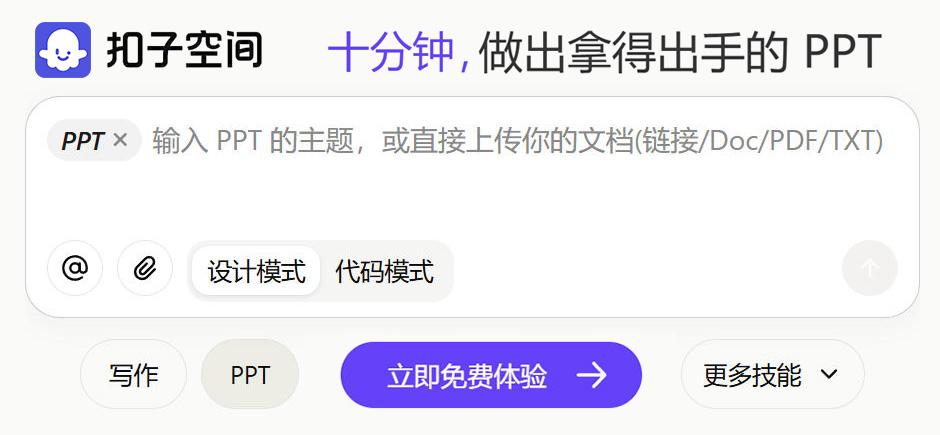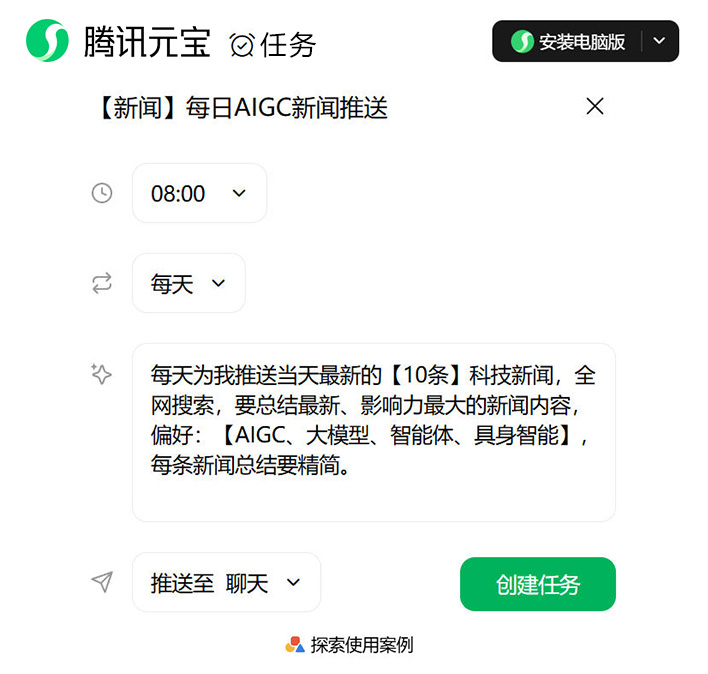In an age where technology is rapidly reshaping the way we create and experience music, AI is emerging as a powerful tool that can revolutionize the music industry. The term “House” has long been associated with a genre of electronic music characterized by its syncopated rhythms, infectious beats, and euphoric atmosphere. But now, with the rise of AI music generation, the concept of “House” has expanded beyond the studio, becoming a dynamic and evolving phenomenon that blends traditional musical elements with cutting-edge artificial intelligence.
AI-generated music is not just a novelty—it’s a new frontier in creative expression. By leveraging machine learning algorithms, AI can analyze vast libraries of music, identify patterns, and generate new compositions that resonate with human emotion and artistic intent. This technology allows for the creation of music that is both innovative and accessible, opening up new possibilities for artists, producers, and listeners alike.
At the heart of AI music generation is the use of prompt engineering—the process of crafting precise and meaningful instructions that guide the AI to produce the desired output. A well-crafted prompt is essential for achieving the desired musical style, mood, and structure. For example, when creating a House track, a prompt might include elements such as:
- Genre: House, techno, or electronic
- Tempo: 120-140 BPM
- Key: C Major or A Minor
- Genre of Music: Funk, jazz, or pop
- Mood: Euphoric, energetic, or ambient
- Style: Minimalist, experimental, or retro
These elements guide the AI to generate music that aligns with the user’s vision, whether it’s a track for a festival, a club, or a personal project. The AI can also incorporate sample integration, where it uses pre-recorded sounds or loops to build the track, allowing for a blend of traditional and modern elements.
One of the most significant advantages of AI in music generation is its ability to adapt and evolve. Unlike traditional music creation, which is often limited by the constraints of a single artist or producer, AI can explore a vast array of possibilities. It can experiment with different rhythms, melodies, and harmonies, creating a unique and personalized experience for each track. This adaptability makes AI a valuable tool for both novice and experienced musicians.
Moreover, AI-generated music is not just about the final product—it’s also about the process. By using AI, creators can deconstruct and recombine musical elements in ways that were previously impossible. For instance, an AI can analyze a classic House track and generate a new version with a modern twist, incorporating elements of drum and bass or ambient soundscapes. This not only preserves the essence of the original but also pushes the boundaries of what is possible in the genre.
Another key aspect of AI music generation is its efficiency. Traditional music production can be time-consuming and resource-intensive, requiring skilled producers, studios, and equipment. AI, on the other hand, can generate music in a fraction of the time, allowing artists to focus on other aspects of their creative process. This efficiency is particularly valuable for independent musicians and small bands who may not have the budget or resources to hire a professional producer.
However, while AI offers many benefits, it is not a replacement for human creatiViTy. The human element—emotions, intuition, and artistic vision—is still essential in music creation. AI can assist, but it cannot replicate the depth of human experience. A well-crafted AI-generated track should be a collaboration between the AI and the human artist, where the AI enhances the creative process rather than replacing it.
In conclusion, the concept of “House” is more than just a genre—it’s a symbol of innovation and creativity in the music industry. AI is transforming how music is created, allowing for new possibilities and deeper engagement with the audience. By mastering the art of prompt engineering and understanding the role of AI in music generation, artists can harness the power of technology to create music that is both powerful and meaningful. The future of music is not just in the beats—it’s in the possibilities that AI opens up for all of us.








 津公网安备12011002023007号
津公网安备12011002023007号